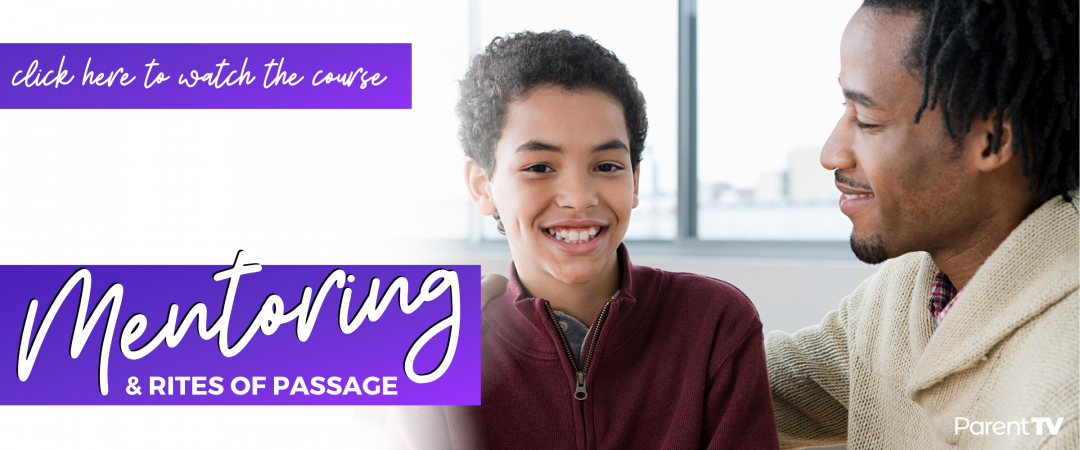Why every child needs a mentor
Categories: General Parenting, Social Wellbeing / Friendship
When we think of mentors, we often think of them in a professional capacity. However, mentors can play a very important role in the lives of young people too, especially when they reach adolescence.
What exactly is a mentor?
The simple definition of a mentor is “an experienced and trusted adviser”. Now most parents, would think they fill that role already, however it is important for children to have people other than their parents to turn to for advice. They might not always find it easy to talk openly to parents about big issues and it is also good for them to be exposed to the different experiences and perspectives a mentor can bring.
Dr Arne Rubinstein, a medical doctor and expert on adolescent development, describes the ideal mentor for a child as: “someone outside of your direct family who can support, and encourage, and be there for your son or daughter, especially through their teenage years.”
An effective mentor is someone who has an interest in the child’s wellbeing and future, is a good listener, can push the child to reach their goals and can help them build life skills such as critical thinking.
A five-year study conducted by not-for-profit mentoring agency Big Brothers Big Sisters Canada found some very positive results in relation to mentoring. According to the report, key findings included:
- Girls with a mentor were two and a half times more likely than girls without a mentor to be confident in their ability to be successful at school.
- Boys with a mentor were three times less likely than boys without a mentor to suffer peer pressure related anxiety, such as worrying about what other children think or say about them.
- Mentored boys are two times more likely to enjoy school and value academic success.
- Mentored boys are also two times less likely than non-mentored boys to develop negative conducts like bullying, fighting, lying, cheating, losing their temper or expressing anger.
Who can be a young person’s mentor?
In past generations, extended family would often automatically assume the role of mentoring young people as they worked and socialised together. However, these days family units are often smaller and more isolated. This can make it harder for young people to form strong bonds with adults who aren’t their parents or guardians.
Essentially, any trusted adult in your child’s life can be a mentor. Think of someone whose values and interests align with your child’s.
People who make suitable mentors for young people include:
- Teachers
- Coaches
- Extended relatives (aunts, uncles, older cousins etc)
- Friends of the family
- Club or group leaders (e.g. youth group, scouting, cadets)
- A mentoring agency. You can find a listed of registered mentoring agencies in Australia here.
How do mentor relationships start?
Some mentor-mentee relationships naturally evolve as your child spends time with a trusted adult over time. You can however actively pursue a mentoring relationship for your child by asking a suitable adult if they would take on the responsibility of being a mentor.
As Dr Arne Rubenstein rightly states, “if people do it well, the interesting thing is they often get as much out of it as the boy or girl they are mentoring.”

